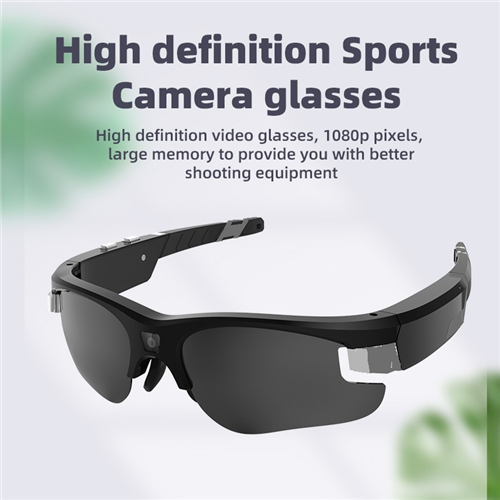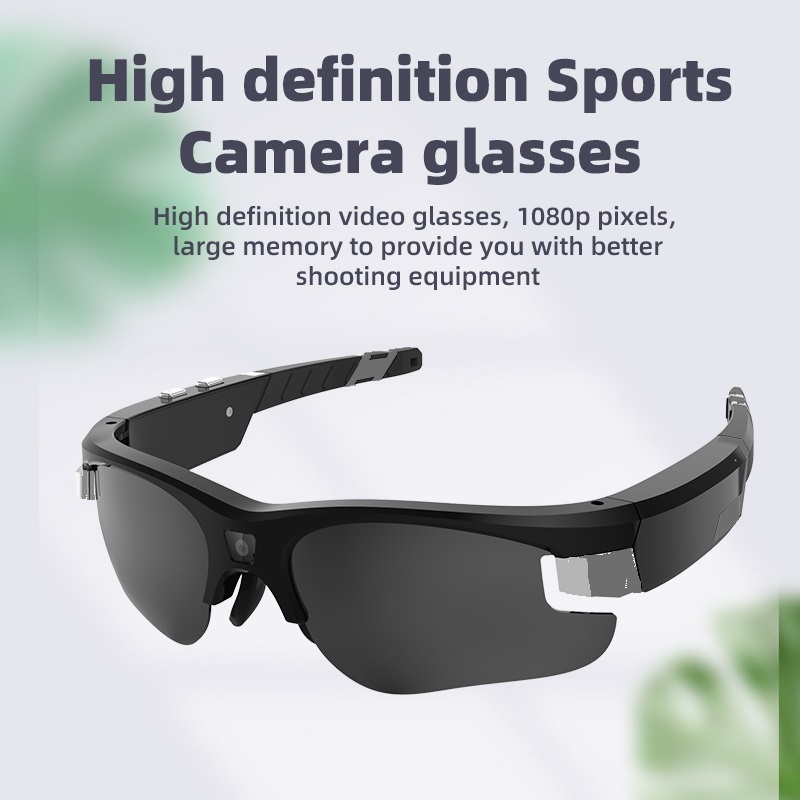
Sunglasses effect Sunglasses can block uncomfortable strong light and protect eyes from ultraviolet rays. All this is due to the metal powder filtering devices, which can "select" the light when it enters. Colored glasses can selectively absorb some of the bands that make up the sun's rays because it uses very fine metal powder (iron, copper, nickel, etc.). In fact, when the light shines on the lens, it is reduced based on the so-called "destructive interference" process. That is to say, when some wavelengths of light (here, ultraviolet A, ultraviolet B, and sometimes infrared) pass through the lens, they will cancel each other out on the inside of the lens, that is, in the direction towards the eyes. It is no accident that light waves overlap each other: the peak of one wave and the trough of its adjacent wave are combined, which leads to mutual cancellation. The phenomenon of destructive interference depends on the refractive index of the lens (that is, the degree of deviation when light passes through different substances from the air) and the thickness of the lens. Generally speaking, the thickness of the lens does not change much, while the refractive index of the lens varies according to the difference of chemical composition. And sunglasses can't be in direct contact with the sun.